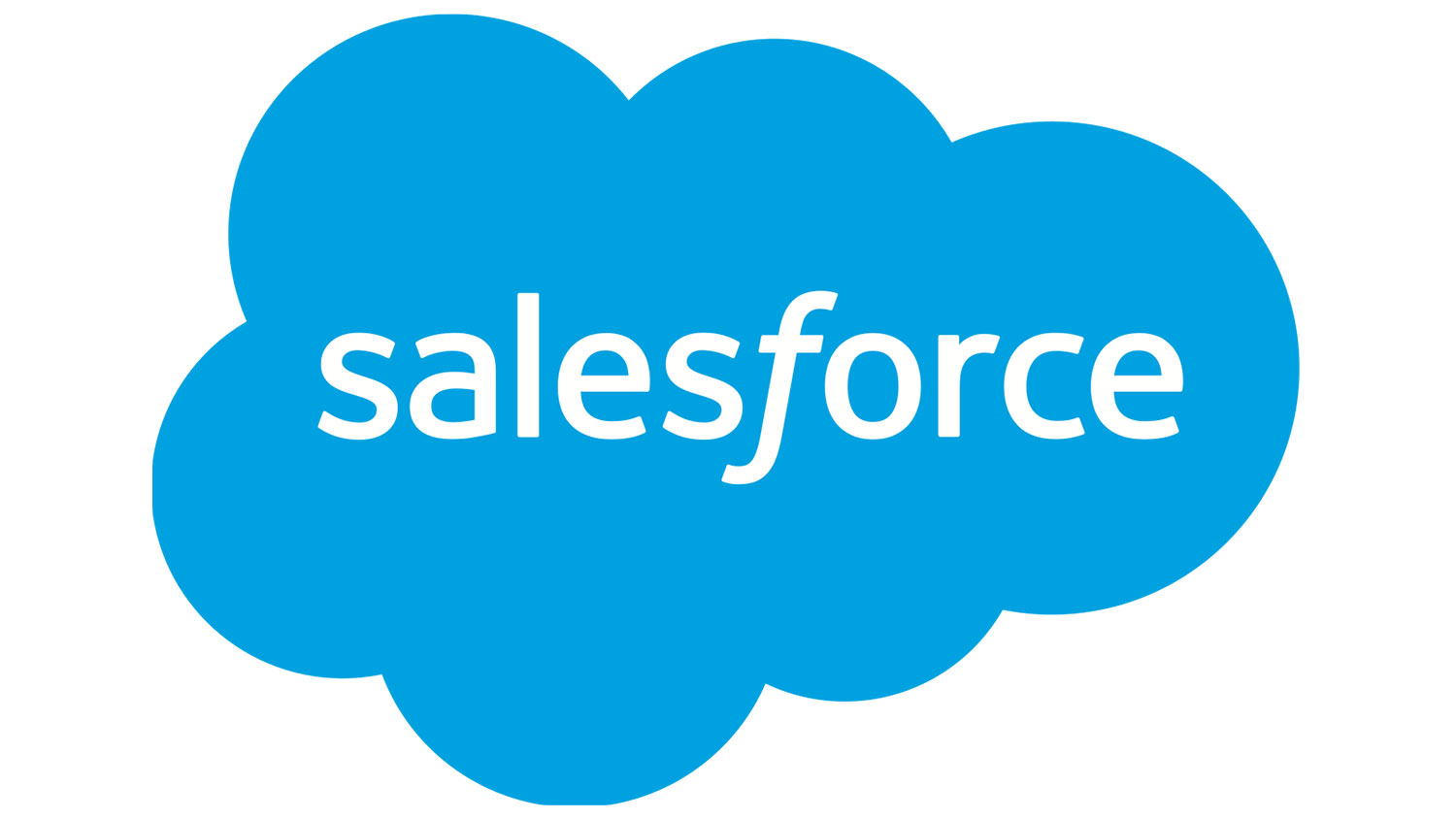A Conversation with Dean Buckless

NC State University looked a lot different in 1989. Ground had just been broken for the Witherspoon Student Center, the very first building on the Centennial Campus was almost finished, and Jimmy V was still the basketball coach. The Poole College of Management wouldn’t open for another three years. Dr. Frank Buckless had just joined NC State University as an accounting professor.
Today, Poole College is going strong, the Centennial Campus has expanded to 34 buildings, and Frank Buckless is still leading business students to success.
As the interim dean for the Poole College of Management at NC State, he represents both the history and the future of Poole College as we continue to grow and innovate.
Under Dean Buckless’ 18-year leadership of the Department of Accounting, the undergraduate and graduate accounting programs experienced significant growth and recognition, and the department received initial accreditation from the Association to Advance Collegiate Schools of Business (AACSB). During that time, the department also engaged with organizations such as the Bank of America Foundation to support the Enterprise Risk Management (ERM) Initiative, and the National Science Foundation (NSF) to support product and technology commercialization.
Buckless’ research interests include accounting education, audit and sustainability, and he has published in top journals, including The Accounting Review and Issues in Accounting Education, where he served as associate editor. He has also served on the editorial board of Accounting Education: A Journal of Theory, Practice and Research, The Accounting Educators’ Journal and Journal of Accounting Education.
Buckless grew up as the fourth child in a family of eight in Brighton, Michigan (just outside of Detroit) and received his undergraduate degree and doctorate from Michigan State University, where he was also a collegiate wrestler. Since 1989, he – along with his family – has made Raleigh his home.
As the 2018/2019 academic year gets under way, we talked with Dean Buckless about his optimism and excitement for the year ahead.
Poole College Roots and Future
What about NC State University caught your attention in 1989?
I saw this university engaging in meaningful ways with industry partners, and that really attracted me. I thought that could be a huge point of distinction and value for faculty research, and would also create great opportunities for students.
In addition, there were discussions about creating a new department and being part of a new startup organization was intriguing.
How has being part of a university with strong STEM roots informed Poole over the years?
We’ve always tried to understand how we best fit within our university and the competitive business school marketplace. The nature of the disciplines we have here at NC State – and the ways in which we work with other colleges like Engineering and Textiles to name a couple –– enhances what our students can do and the opportunities they’ll have for the future.
We have great talent here at NC State, and business leaders recognize our role in creating talent to feed industries – like technology and biopharma – crucial to the Triangle region.
It is helpful that NC State is an R1 research institution. We are on the cutting edge of knowledge and that’s advantageous for students coming here. You know when you come here you’re going to be interacting with people who are the leaders in their field and really know where things are going.
We have a number of great universities operating in this area, and I want to ensure we are distinctive in what we bring to the table. We are all competitive but together elevate this region. It is what I would call a cooperative competition.
Poole is known for balancing practical knowledge with theoretical research. How do you facilitate that combination?
It’s amazing to see how we are able to move from theory into practice far quicker than a lot of universities. It has been a big differentiator for us and has created a lot of funding sources to really enhance what we can bring to serve our students and faculty. It all starts with faculty members who can take their knowledge and work with industry to translate to real-world solutions. That collaboration is what provides balance and allows us to achieve the “Think and Do.”
How do you feel like these ideas will inform your 2018/2019 year as interim dean?
I always say I want to get the “Triple Crown.” What I mean by that: I want us to do as much as we can to enhance our students’ experience, enhance our faculty’s experience and connect us with industry.
If we can do those three things, we are going to have the resources we need and we are going to create value for all of our stakeholders.
The Talent Within Poole College
You’ve mentioned a few times that Poole is distinctive among business schools. Can you tell us more about what makes us unique?
It’s both what we do, and how we do it.
Our focus on innovation, technology, entrepreneurship, and STEM disciplines within the context of business is distinctive.
We are well connected with industry. Our students get to build their toolsets rolling up their sleeves and addressing organizational challenges while still students.
Also, we are nimble and can tailor our programs to be in tune with the market as we adjust for tomorrow’s world. All of this flexibility has given us a spotlight as a leader in working across disciplines and with industry to enhance our research and student experience.
What skills do you think are critical to each student coming through Poole College?
It used to be the way to really differentiate yourself in the marketplace was a deep knowledge. Today, knowledge (because of technology) is very accessible. You can look at your phone today and get almost any information that you need.
So how do you differentiate yourself in today’s world?
You have to be a really good critical thinker…to be able to link your understanding of your area of expertise to the world, to your business. It’s also important to have good analytical and communication skills, to be able to sift through data to make informed decisions, and to effectively connect with people to create solutions to challenges big and small.
How do you shift then from teaching a curriculum that is based on memorizing knowledge to a curriculum that is based on critical thinking?
Part of what my approach is to help students recognize that if you can get comfortable with uncertainty and change, then you’ve got a competitive advantage in the marketplace.
So you start there. I don’t want students just to memorize the facts. I want them to take facts and start connecting them to scenarios that don’t perfectly align with what they’ve read about. Together, we start going down a path and then we build from there.
I want to encourage students not to be afraid. You’ve got to be willing to put yourself out there and know it’s okay to fail. The world is limitless if you think that way.
One approach I would use in my classes is that I would talk about times that I failed. I think giving examples helps. I also love the way we have industry engage with us within different practicum experiences. That allows students to see real industry and real world challenges. The ability to solve messy real world problems is in our DNA at NC State.
What is the one thing you enjoy most about working with students?
It’s so fun to see their inquisitive nature, as well as their growth and development throughout their time here at Poole College.
Across our undergraduate and graduate programs, our students complete practicum projects with business partners. I am always amazed at just how professional, how thoughtful, how analytical the students are throughout the process. They solve really tough challenges.
That is one of the reasons I enjoy being a leader in this college. I enjoy seeing the success of our students, faculty and staff.
How does Poole encourage students to take risks? How do you give them the skills, but also the safety net to be bold in their entrepreneurial endeavors?
What we’re doing with initiatives like our Entrepreneurship Clinic, our Leadership and Innovation Showcase, our Supply Chain Resource Cooperative, and our Enterprise Risk Management Initiative, are creating such great opportunities for our students.
I want every student to understand the importance of getting involved and finding his or her passion. You’ve got to find what helps you get up in the morning to be energized and “go after” that day. That will sustain you.
Life Outside of Poole College
What are some of your most interesting hobbies or talents outside of work?
I think most people are shocked when they hear that I was a collegiate wrestler at Michigan State. That helped me to get into college and that’s probably what taught me discipline and how to focus on my goals. That’s also how I learned resiliency. I learned when I got beaten how to get back up and not give up. Overall wrestling really taught me perseverance so I’m thankful for what I learned from the sport.
Today, I really enjoy cycling. I love being out on the road with a road bike. It’s a lot of fun for me. I’ll typically train indoor during the week and then I’ll try to go out on the weekends.
Do you have any particular favorite vacation spots?
I love to travel and get to know the people in different areas. Most recently I explored Germany, Austria, Italy and France. I got to know different cities in all those countries. I also like backpacking in North Carolina. The mountains are great here and there are lots of great trails in this state. North Carolina has so much to offer. I love that we have the mountains and the ocean all in one state.
Tell us about your family.
My wife and I have five kids and I am from a family of eight kids growing up. I was number four. Right in the middle. In fact, I always felt like being a middle child taught me how to collaborate with others without being in an authority position. When you are in that position you can’t just tell your siblings what to do. Instead, I learned how to use my thoughts and my words to influence people. If you’re in a big family and you want to get your way any time you’ve got to learn to adapt!
This post was originally published in Poole College of Management News.


